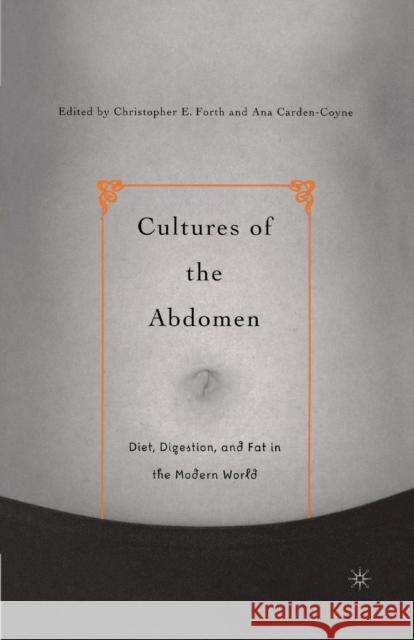Cultures of the Abdomen: Diet, Digestion, and Fat in the Modern World » książka
topmenu
Cultures of the Abdomen: Diet, Digestion, and Fat in the Modern World
ISBN-13: 9781349528806 / Angielski / Miękka / 2005 / 264 str.
Cultures of the Abdomen: Diet, Digestion, and Fat in the Modern World
ISBN-13: 9781349528806 / Angielski / Miękka / 2005 / 264 str.
cena 200,77
(netto: 191,21 VAT: 5%)
Najniższa cena z 30 dni: 192,74
(netto: 191,21 VAT: 5%)
Najniższa cena z 30 dni: 192,74
Termin realizacji zamówienia:
ok. 22 dni roboczych.
ok. 22 dni roboczych.
Darmowa dostawa!
Kategorie:
Kategorie BISAC:
Wydawca:
Palgrave MacMillan
Język:
Angielski
ISBN-13:
9781349528806
Rok wydania:
2005
Wydanie:
2005
Ilość stron:
264
Waga:
0.32 kg
Wymiary:
21.59 x 13.97 x 1.47
Oprawa:
Miękka
Wolumenów:
01
Dodatkowe informacje:
Wydanie ilustrowane











